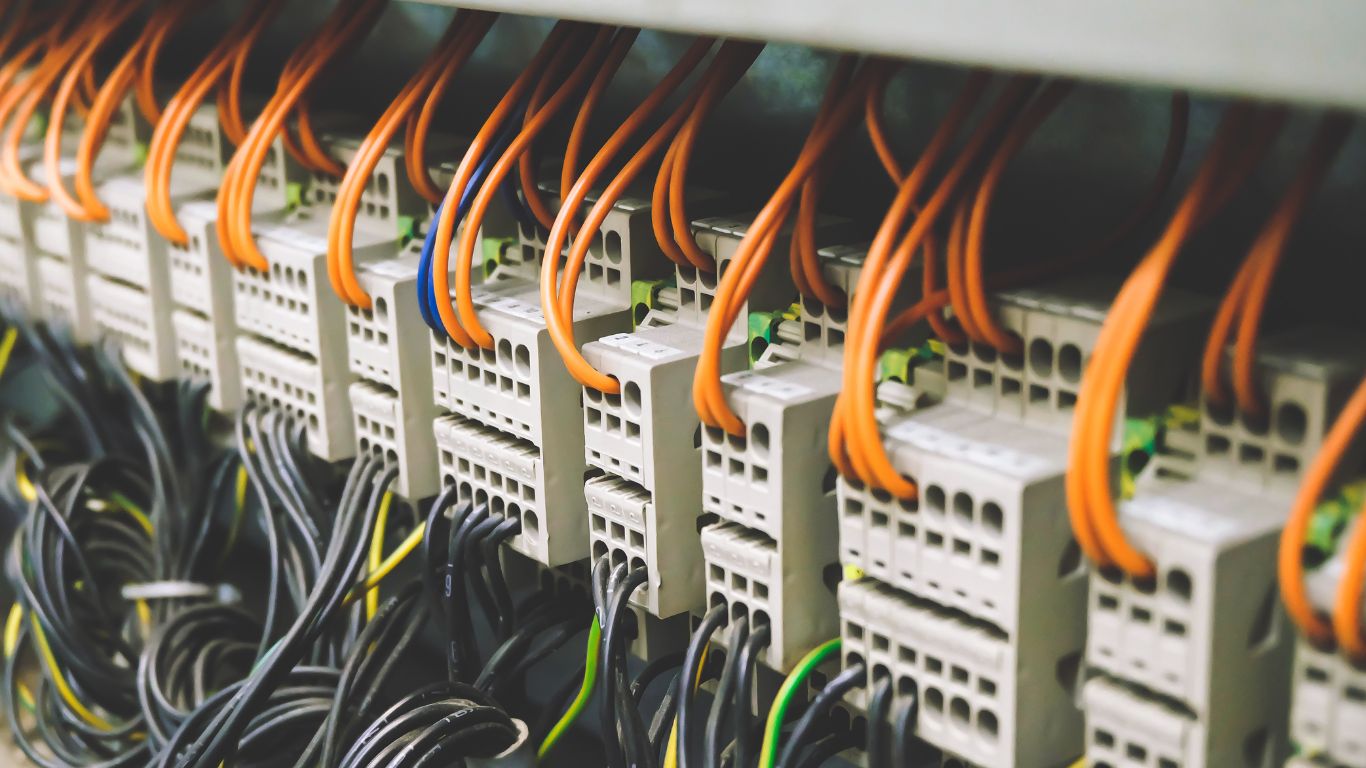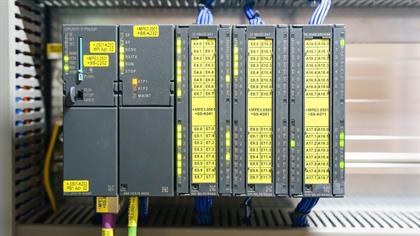
Proper System Design and Planning
Efficient PLC systems start with a well-thought-out design. Ensure that the system architecture is tailored to your specific needs. Consider the following factors:
- Scalability: Plan for future expansion. Design your system to handle additional I/O modules, increased data processing, and other future needs without requiring a complete overhaul.
- Redundancy: Incorporate redundancy to minimize downtime. Redundant power supplies, processors, and communication paths can ensure continuous operation even during component failures.
2. Efficient Programming Practices
Optimizing your PLC programming can significantly enhance system performance. Implement the following practices:
- Modular Programming: Break down your code into manageable modules. This makes the program easier to understand, debug, and maintain.
- Optimize Scan Time: Reduce the scan time by minimizing the use of complex instructions, nested loops, and unnecessary computations. Prioritize critical tasks and schedule less critical ones during off-peak times.
- Use of Interrupts: Utilize hardware interrupts for time-critical processes. This ensures that high-priority tasks are executed immediately, regardless of the current state of the PLC scan cycle.
3. Regular Maintenance and Updates
Maintenance is vital for keeping your PLC system running efficiently. Regularly perform the following:
- Firmware Updates: Keep your PLC firmware up-to-date to benefit from the latest features and security patches.
- Routine Inspections: Conduct regular inspections of your PLC hardware and wiring to identify and rectify potential issues before they lead to system failures.
- Cleaning and Environmental Control: Ensure that the PLC and its components are free from dust and debris. Maintain a controlled environment to prevent overheating and other environmental damage.
4. Efficient Data Management
Proper data handling can reduce system load and improve performance:
- Data Logging: Log only essential data to avoid overloading the system. Use external storage solutions if necessary to handle large datasets.
- Network Optimization: Ensure that your communication network is optimized for speed and reliability. Use proper cabling, switches, and network configurations to minimize latency and data loss.
5. Energy Management
Energy efficiency is often overlooked but can have a significant impact on overall system performance:
- Power Supply Management: Use energy-efficient power supplies and ensure that they are appropriately rated for your system’s needs.
- Load Balancing: Distribute the power load evenly across your PLC components to prevent overheating and energy waste.
6. Training and Support
Well-trained personnel are essential for maintaining an optimized PLC system:
- Training Programs: Regularly train your staff on the latest PLC technologies, programming practices, and maintenance procedures.
- Vendor Support: Leverage vendor support services for troubleshooting, software updates, and system upgrades. Ensure that you have access to technical support when needed.
7. Monitoring and Analytics
Implementing a robust monitoring system can provide insights into your PLC system's performance and identify areas for improvement:
- Real-Time Monitoring: Use real-time monitoring tools to track system performance, detect anomalies, and respond to issues promptly.
- Analytics Tools: Deploy analytics tools to analyze historical data, identify trends, and predict potential failures before they occur.
Conclusion
Optimizing your PLC system for maximum efficiency involves a combination of good design practices, efficient programming, regular maintenance, effective data management, energy optimization, comprehensive training, and robust monitoring. By implementing these strategies, you can ensure that your PLC system operates at its peak performance, resulting in increased productivity, reduced downtime, and lower operational costs.
Leave a Reply
Related Products
You Might Like Also

How to Optimize Your PLC System for Maximum Efficiency
Programmable Logic Controllers (PLCs) are crucial in industrial automation, offering flexibility, reliability, and precision. However, to maximize their efficiency, certain optimization strategies should be implemented. This article will guide you through several methods to ensure your PLC system operates at its peak performance. Read More











Comments
Your blog provided us with valuable information. I am looking forward to read more blog posts from here keep it up!!